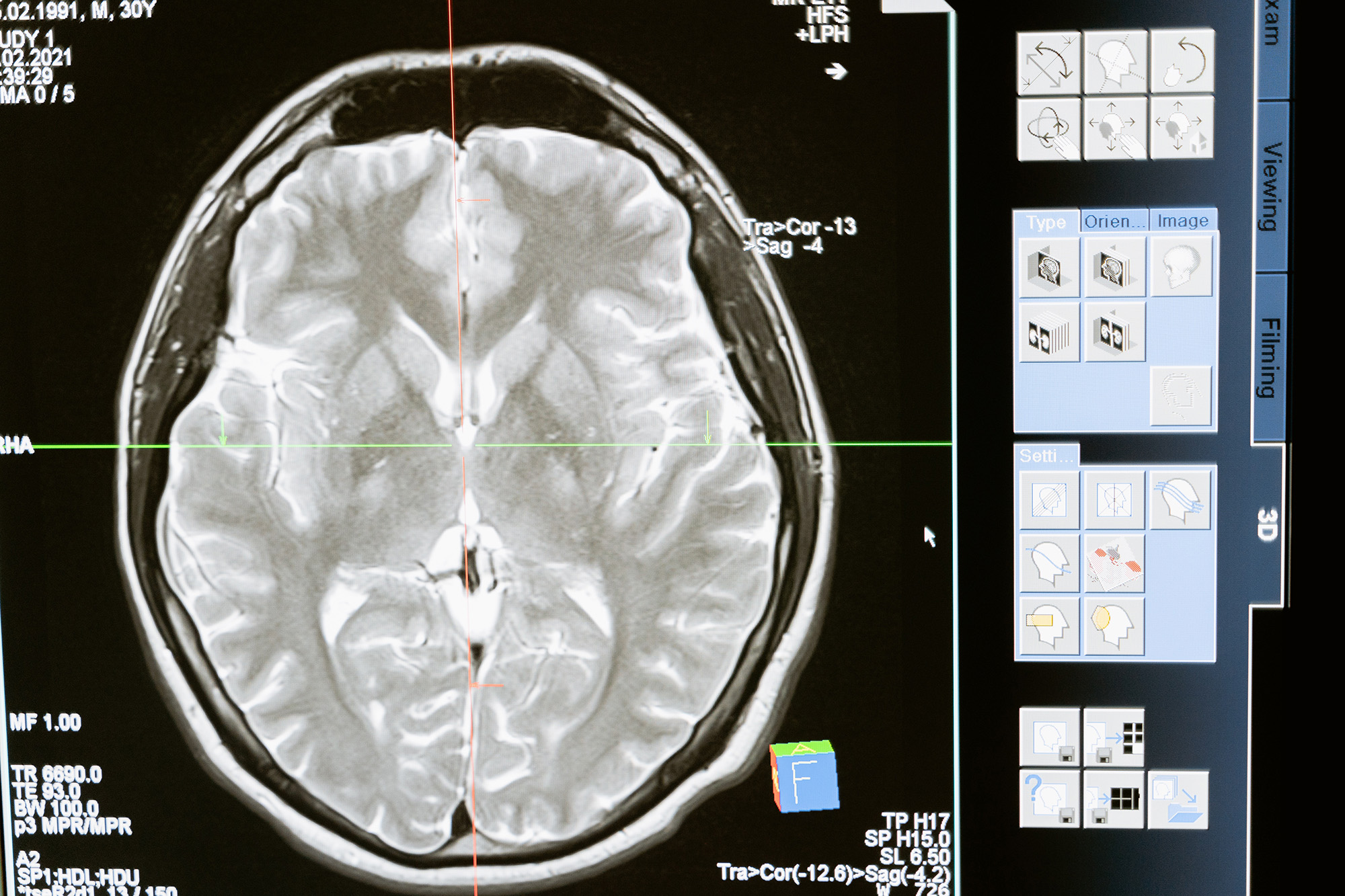Traumatic brain injury (TBI) is a severe medical condition that affects millions of people worldwide. It occurs when an external force causes damage to the brain, leading to a range of physical, cognitive, and emotional impairments.
Introduction
Becoming a live-in care worker is a unique and rewarding career path that offers the opportunity to make a positive impact on the lives of others. In this blog post, we will explore the journey of becoming a live-in care worker, highlighting the essential skills, qualifications, and personal qualities required for this profession. Whether you are considering a career change or embarking on a new professional journey, this article aims to provide valuable insights into the world of live-in care.
- Understanding the Role
A live-in care worker is responsible for providing round-the-clock care and support to individuals who require assistance with their daily living activities. This role involves residing in the client’s home, ensuring they receive the necessary emotional support, personal care, and companionship. Live-in care workers play a crucial role in maintaining their clients’ independence and enhancing their quality of life.
- Essential Skills and Qualifications
To excel as a live-in care worker, certain skills and qualifications are necessary. These include:
– Compassion and Empathy: A genuine desire to help others and the ability to empathise with their needs and emotions are fundamental qualities for a live-in care worker.
– Good Communication Skills: Effective communication is crucial to establish a strong bond with clients, understand their requirements, and collaborate with healthcare professionals and family members.
– Practical Skills: Basic knowledge of personal care, medication management, and household tasks are essential for providing comprehensive care.
– Adaptability: The ability to adapt to different environments, schedules, and client preferences is necessary for a live-in care worker to provide personalised care.
– Patience and Resilience: Dealing with challenging situations and maintaining a positive attitude requires patience and resilience in this demanding profession.
– Relevant Training and Certification: While formal qualifications may vary depending on the country or organisation, completing relevant training programs or obtaining certifications in care-related fields can enhance career prospects.
- The Application Process
To become a live-in care worker, the application process typically involves the following steps:
– Application Submission: Submit an application form, including your CV and any relevant certifications or qualifications.
– Interviews and Assessments: If shortlisted, you will undergo interviews and assessments to evaluate your suitability for the role. These may include competency-based interviews, background checks, and personality assessments.
– Training and Induction: Once selected, successful applicants will undergo training and induction programs to familiarise themselves with the specific requirements of the role and the organisation’s policies and procedures.
Does this sound like you?
Becoming a live-in care worker is a noble and fulfilling profession that offers the opportunity to make a meaningful difference in the lives of others. By possessing the necessary skills, qualifications, and personal qualities, one can embark on a journey where compassion, empathy, and dedication are the driving forces. If you are considering a career in live-in care, take the time to explore the various opportunities available and discover the joy of supporting individuals in their daily lives.



